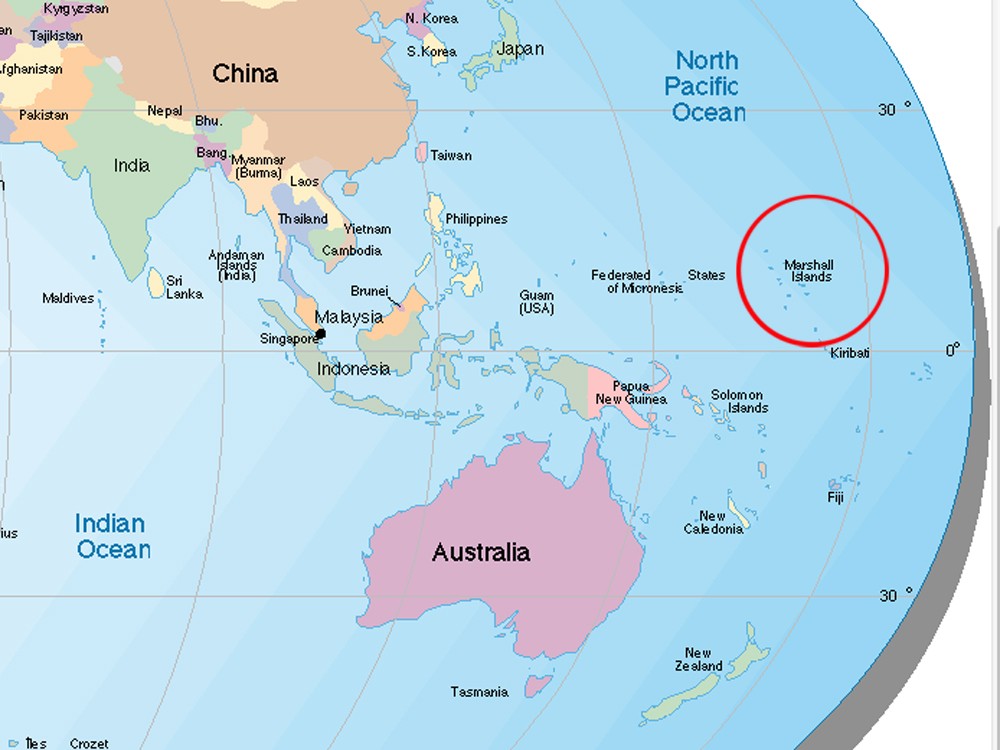In a room half-full of people, Linda Stone held up a piece of paper and circled two numbers to illustrate the bad news. The paper was a letter from the state, one that some of Spokane’s Marshallese had already received. It told them that, starting in July, the state Food Assistance Program benefits would be cut in half. Where a person used to get $112, now they’ll get $56, says Stone, food policy director of the Children’s Alliance.
“It’s not exactly a hefty benefit to begin with,” Stone says. “Like everybody else, times are tough.”
Spokane has become a refuge for an estimated 2,000 Marshall Islands immigrants, whose homes were irradiated by nuclear testing. And with jobs scare or low-paying, many rely on the state program to pay for groceries.
“Their income is very low,” says Erme Atlaia, a Marshallese immigrant who works as a translator in local schools. “Half of the population is not working.”
People from the Marshall Islands are governed by an arrangement between the U.S. and their country that allows them to live and work in the U.S. generally without a visa. But under changes to welfare laws that happened in the late 1990s, Marshallese immigrants can’t receive federal food stamps, says Babs Roberts, director of the Community Services Division in the Department of Health and Human Services.
The state came up with the food program in order to provide some cushion not just for the Marshallese, but also other groups who haven’t been in the country long enough to qualify for food stamps, Roberts says. The benefit is calculated based on income and, before the cut, maxed out at $200.
“That’s the difficulty for all of us in the recession [in] taking this resource away. This is the resource the department had to help families living in poverty,” Roberts says. “We have no other resources.”
The move will save the state $31 million. The slash to the food stipend was regarded by some of the Marshallese at a meeting in the East Central Community Center last week as another slight by a country that had already poisoned their home islands with nuclear tests in the 1940s and 1950s.
“The way I see it, it’s not fair, but there’s a lot of things the U.S. government has done to our people,” says David Sandbergen, a Marshallese immigrant who arrived in the country a month ago. While he doesn’t receive food assistance, many of his children and grandchildren do.
“The U.S. government was using us as guinea pigs. And now the guinea pigs have no food.”
Community leaders at the meeting talked of lobbying their state lawmakers to reverse the cuts. Whether the Legislature will have the money to do that remains to be seen.





















